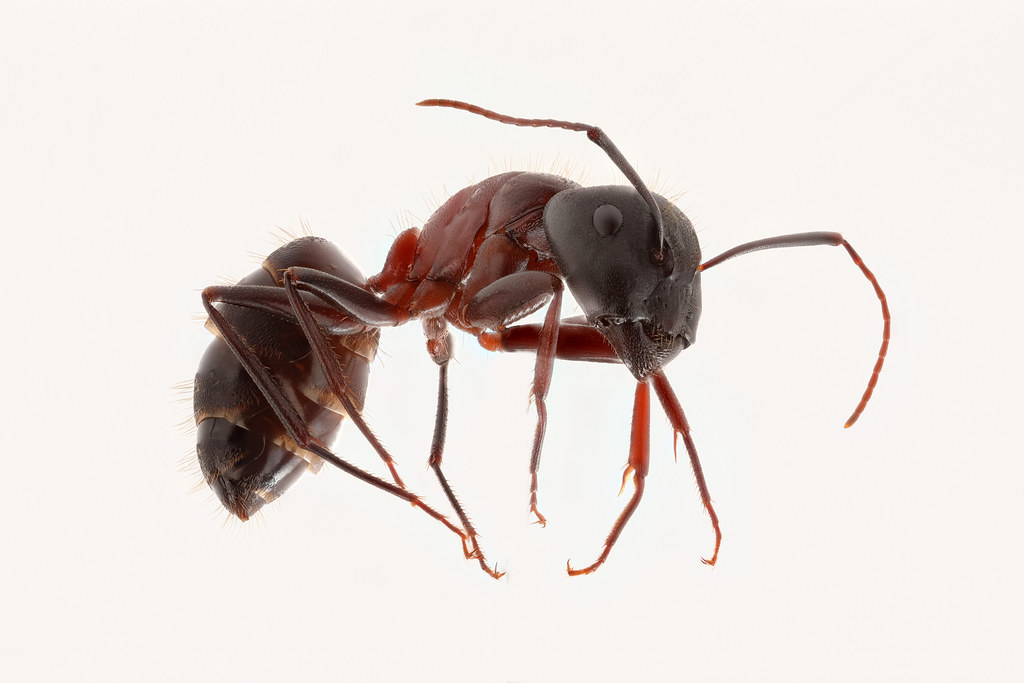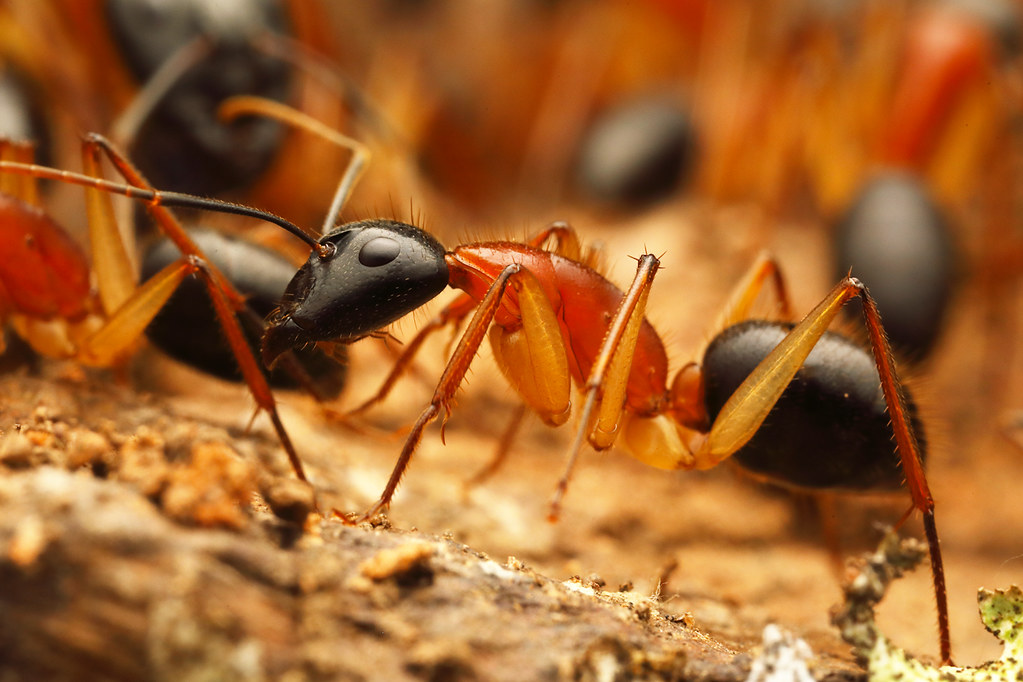The cockroach is one of the most common pests in the world. They are often found in homes and businesses and can be a nuisance. Cockroaches are attracted to food and water near kitchens and bathrooms.
Water bugs, on the other hand, are not as common. They are usually found near bodies of water, such as lakes, ponds, and streams. Water bugs eat insects and other small animals that live in or near the water.
So, which one is worse? The cockroach or the water bug? It depends on your perspective. The cockroach is probably worse if you’re looking for a pest that is more likely to invade your home or business. However, the water bug is probably more dangerous if you’re concerned about pests that might carry diseases.
What is the difference between water bugs and cockroaches?
Water bugs and cockroaches are two types of insects that often live close to one another. Though they may look similar, these two pests have several key differences. Water bugs generally have a more elongated and streamlined body shape than cockroaches, which tend to be stockier and broader. Water bugs typically have chewing mouthparts, whereas cockroaches have sucking mouths. Most importantly, water bugs can swim, whereas cockroaches cannot.
While both types of insects can invade homes for food and shelter, water bugs usually only enter indoor spaces accidentally. Cockroaches, on the other hand, are more likely to invade homes and businesses to establish a new colony. Once inside, cockroaches can be tough to get rid of due to their prolific reproduction rates and ability to go without food for long periods.
If you think you have either water bugs or cockroaches in your home or business, it is vital to contact a pest control professional as soon as possible for assistance. Both types of insects can carry diseases and spread bacteria, so it is crucial to remove them from your premises as soon as possible.
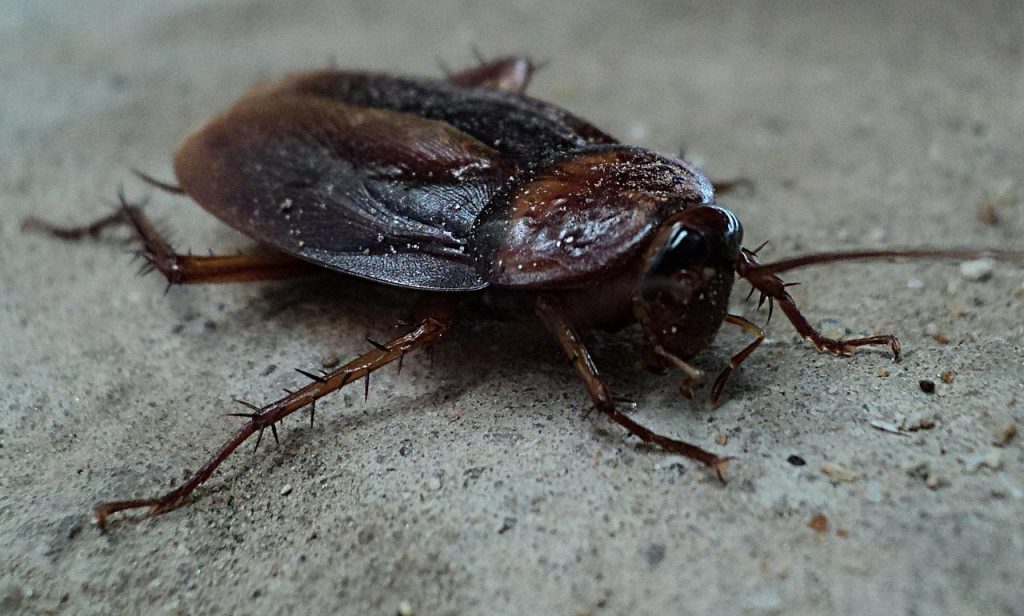
What do water bugs and cockroaches look like?
Water bugs and cockroaches are similar in many ways. Both insects have long, slender bodies that allow them to move quickly and easily through their environment. They also have two pairs of wings, which they fly short distances.
One of the most noticeable differences between these two insects is their size. Water bugs are much larger than cockroaches, with some species reaching lengths up to four inches. Cockroaches, on the other hand, are typically only one or two inches in length. Another difference is that water bugs have sharper, more defined heads than cockroaches. And finally, while both insects can be found in various colours, water bugs are usually dark brown or black, while cockroaches are often lighter in colouration.
Though they may look different on the surface, water bugs and cockroaches share many similarities in their behaviour and habits. Both insects are nocturnal creatures that prefer to come out at night to scavenge for food. They will eat just about anything they can find, including garbage and dead animals. Both water bugs and cockroaches can also reproduce very quickly, with female insects laying dozens or even hundreds of eggs simultaneously.
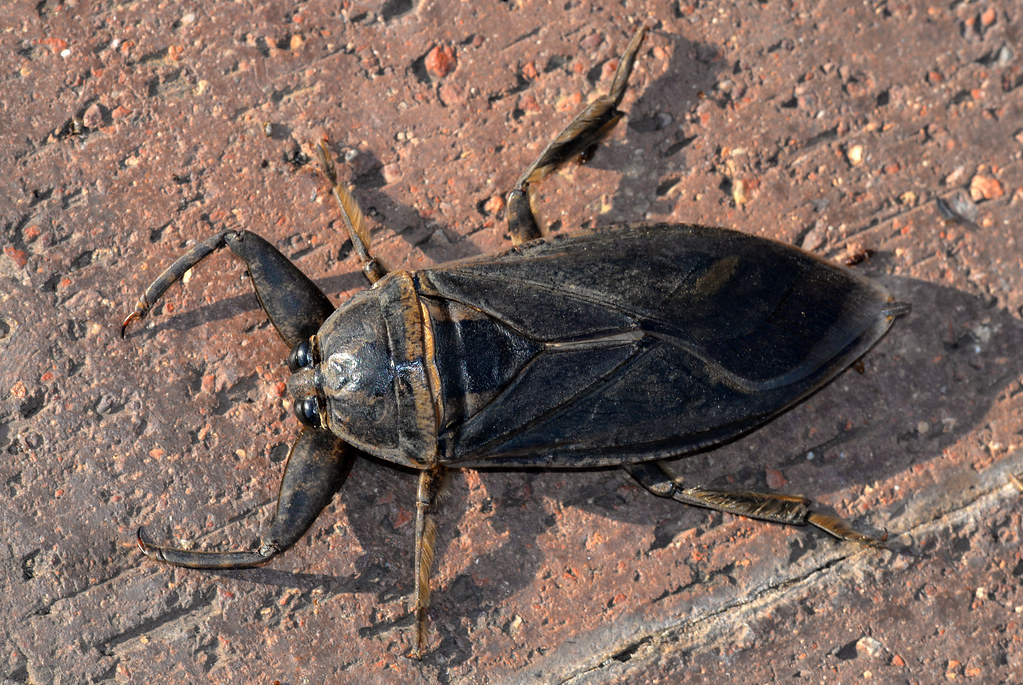
Where do water bugs and cockroaches live?
Water bugs and cockroaches are two types of insects that often live in similar environments. Both insects are comfortable in warm, moist conditions and can often be found near water sources. Water bugs and cockroaches will share the same living space in many cases.
While they have some similarities, there are also some key differences between these two types of insects. Water bugs are much larger than cockroaches and can bite humans if they feel threatened. Cockroaches, on the other hand, are known for their ability to squeeze into small spaces and resist many common pesticides.
Despite their differences, water bugs and cockroaches share one crucial trait: they both reproduce quickly and can become a nuisance if not kept under control. If you think you may have an infestation of either type of insect, it is vital to contact a pest control professional as soon as possible.
What does a water bug look like?
Water bugs are one of the many different types of insects that live in or near water. They can be found in ponds, lakes, streams, and sometimes in damp soil or wet plants near the water. Some water bugs can even fly. Water bugs vary in size, but most are small to medium-sized insects.
Most water bugs have long, thin bodies and legs that help them move quickly through the water. They also have strong jaws that they use to bite their prey. Some water bugs can breathe underwater using special organs on their abdomens.
Water bugs are important predators in aquatic ecosystems and help control the populations of insects and animals such as mosquito larvae. Some people consider waterbugs a nuisance because they often come into homes near sources of standing water looking for food.
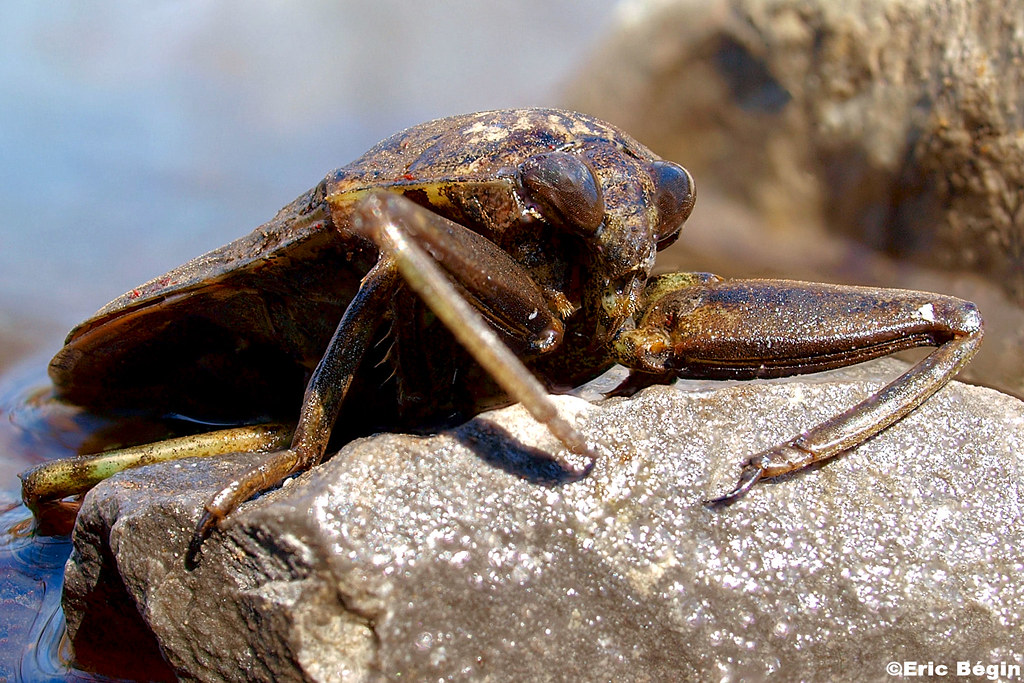
Where do water bugs live?
In ponds, lakes, and streams.
Water bugs can live in various aquatic habitats due to their adaptations. They can be found in ponds, lakes, and streams worldwide. Their bodies are designed to help them move quickly through the water, and they have unique breathing structures that allow them to stay submerged for long periods. Water bugs also have keen eyesight and can detect movement from far away, which helps them find prey or avoid predators.
What do water bugs eat?
Water bugs are opportunistic predators and will eat just about anything they can find. More minor water bugs may feed on mosquito larvae, while larger water bugs can take down amphibians, fish, and small mammals. In general, the larger the water bug, the larger its prey.
Given a chance, waterbugs will even eat each other. Larger males have been known to attack and cannibalize smaller males that enter their territory. Females will also consume smaller males if given the opportunity. While this behaviour may seem brutal, it’s a way for waterbugs to ensure they get the best possible mate.
So what do waterbugs eat? The answer is: just about anything they can get their hands on!
Can water bugs bite?
There are many different types of water bugs, and they can vary significantly in size. Some species of water bugs are known to bite humans, while others are not. If you are concerned about being bitten by a water bug, it is best to avoid contact with them altogether.
Water bugs generally live in areas with a lot of moisture, such as near ponds or streams. They may also be found in puddles or standing pools of water. These insects are often attracted to light so they may enter homes through open doors or windows.
If you encounter a water bug, it is important to remain calm and avoid panicking. Water bugs usually only bite humans if they feel threatened. If you get bitten by a water bug, wash the area with soap and warm water immediately.
How to treat water bug bites
If you have the misfortune of being bitten by a water bug, you can do a few things to ease the pain and swelling.
- First, wash the area with soap and cool water. It will help to remove any bacteria or toxins from the wound.
- Next, apply an antiseptic cream or lotion to the bite. This will help to disinfect the area and prevent infection.
- Finally, apply a cold compress to the area for 10-15 minutes. This will help to reduce swelling and pain.
Following these simple steps, the water bug bite should heal quickly and without complications.
How to get rid of a water bug infestation
Water bugs can be a serious menace if they infest your home. While these creatures are not known to transmit diseases, they can be challenging to get rid of once they reside in your home. If you have a water bug problem, there are some things you can do to get rid of them for good.
One way to remove water bugs is to remove their food source. Water bugs are attracted to areas with moisture, so they will typically congregate near water sources in your homes like sinks, showers, and toilets. To reduce the population of water bugs in your home, try eliminating as many moisture sources as possible. Fix any leaks, empty standing water, and keep surfaces clean and dry.
If removing their food source doesn’t seem to work, you may need to resort to chemical methods. Many pesticides can be effective against water bugs. However, it’s important to use these products safely and according to the directions on the label. Some pesticides can be harmful if misused, so it’s best to consult a professional before using any poison in your home.
Once you’ve gotten rid of the water bugs in your home, you must take steps to prevent them from returning. Try sealing cracks or openings around your foundation and windowsills with caulk or another sealant. Keep an eye out for moisture build-up inside your home and address these problems immediately. With a little effort, you should be able to keep water bugs from moving into your home for good.
Methods of getting rid of waterbugs.
- Waterbugs are one of the most common household pests. They are attracted to moisture and can be found near your home sinks, toilets, and other damp areas. While they may not carry disease, waterbugs can be a nuisance, and their bites can be painful. If you’re dealing with a waterbug infestation, there are several methods you can use to get rid of them.
- One way to get rid of waterbugs is to remove their food source. Waterbugs are attracted to moist environments, so eliminating sources of moisture in your home will help discourage them from sticking around. Fix any leaks in your plumbing and ensure no standing water in or around your home. You should also empty any pet water dishes and keep trash cans covered.
- Another way to get rid of waterbugs is to use traps. There are various types of traps available that can be effective at capturing waterbugs. Look for traps specifically targeting these pests, such as those made with glue or sticky paper. Place the trap near where you’ve seen waterbugs activity and check it regularly to see if it’s caught anything.
- If trapping and removing food sources doesn’t seem to work, you may need to resort to chemical methods to get rid of waterbugs. Pest control companies can provide pesticides that will kill waterbugs on contact. However, these chemicals should only be used as a last resort since they can harm humans and pets if misused.
Preventing a water bug infestation
If you have ever seen a water bug, you know they can be pretty horrifying. These giant insects are capable of causing a great deal of damage to your home if they are not removed quickly and efficiently. Fortunately, you can do a few things to prevent a water bug infestation in your home.
One of the best ways to prevent a water bug infestation is to keep your home clean and free of clutter. These bugs hide in dark, moist places where they can easily find food and water. If you eliminate potential hiding spots, it will be much more difficult for them to establish themselves in your home.
Another way to prevent a water bug infestation is by sealing any cracks or openings in your home that could serve as entry points for these pests. Take some time to inspect your home’s exterior and ensure there are no cracks or gaps around doors and windows. If you find any openings, seal them with caulk or another suitable material.
Finally, one of the best ways to keep water bugs away from your home is to eliminate their food sources. These insects primarily feed on other small insects and larvae. Reducing the population of other pests in and around your home will also help reduce the number of water bugs that may try to take up residence there.
Water Bug in Florida
There are many different species of water bugs in Florida, but one of the most common is the giant water bug. These insects are large, with adults reaching up to four inches in length. They are dark brown or black and have a flattened body shape that helps them move through the water quickly. Water bugs are good swimmers and can often swim around ponds and lakes.
While they may look harmless, water bugs can deliver a painful bite if they feel threatened. Their mouthparts are designed for piercing and sucking, which allows them to feed on small animals and plants. Water bugs are considered beneficial insects because they help control populations of other pests, like mosquitoes. However, they can become a nuisance if they invade homes looking for food or shelter.
If you find a water bug in your home, the best way to remove it is to sweep it into a dustpan or cup and release it outside. If you need to kill the bug, you can do so by drowning it in soapy water or using an insecticide designed for use on outdoor pests.
Exterminator for Water Bugs
There are few things more frustrating than dealing with water bugs. These pests are not only a nuisance but can also be quite difficult to get rid of. If you’re dealing with a water bug infestation, the best thing you can do is call an exterminator.
An exterminator will have the knowledge and experience necessary to eliminate your water bug problem effectively. They will also have access to powerful pesticides and other treatments that aren’t available to consumers. In most cases, an exterminator can get rid of your water bugs in just one visit.
While hiring an exterminator may cost more money than attempting to solve the problem yourself, it’s usually worth the investment. Dealing with water bugs is never fun, but fortunately, some professionals can help.
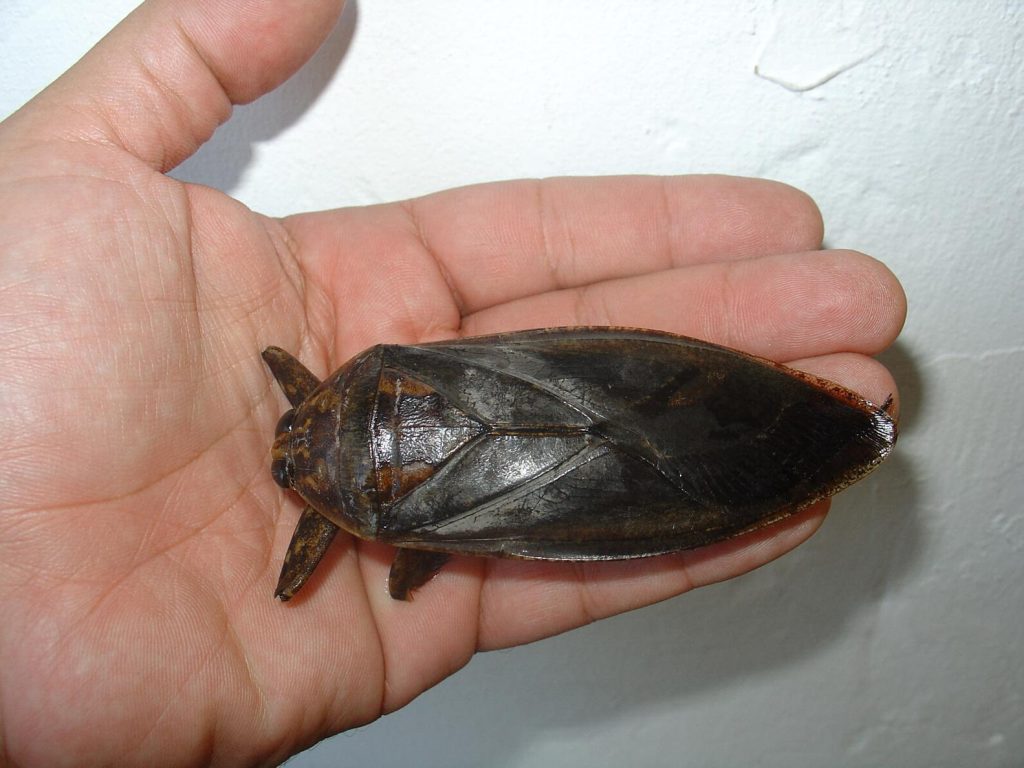
Conclusion
In conclusion, water bugs and cockroaches are different in several ways.
One significant way that water bugs and cockroaches differ is in their habitats. Water bugs tend to live in or near water, whereas cockroaches are more likely to be found in dark, damp places. This difference is likely since water bugs need a moist environment to survive, while cockroaches can tolerate drier conditions.
Another way that these two types of insects differ is in their appearance. Water bugs are generally larger than cockroaches and have a more elongated shape. They also have wings, whereas cockroaches do not. Additionally, water bugs typically have darker colouration than cockroaches.
Finally, waterbugs and cockroaches differ in their behaviour. Waterbugs are often aggressive and will bite if disturbed, while cockroaches are typically shy and non-aggressive. Additionally, waterbugs are good swimmers and often move quickly through the water. Conversely, cockroaches are not good swimmers and usually prefer to stay on solid ground.
FAQ
What are water bugs?
Water bugs are a type of cockroach often found near water sources. They can range in size from small to large, and some species can fly. Water bugs are generally dark in colour and have long, slender bodies.
Are water bugs harmful?
While most cockroaches are not harmful to humans, some types can carry diseases. Water bugs may also bite if they feel threatened. Their bites can be painful and may cause swelling or other skin reactions.
How can I get rid of water bugs?
If you have waterbugs in your home, you will want to get rid of them as soon as possible. There are many products available that can kill cockroaches on contact. You may also want to consider hiring a professional pest control company to help get rid of the infestation.



